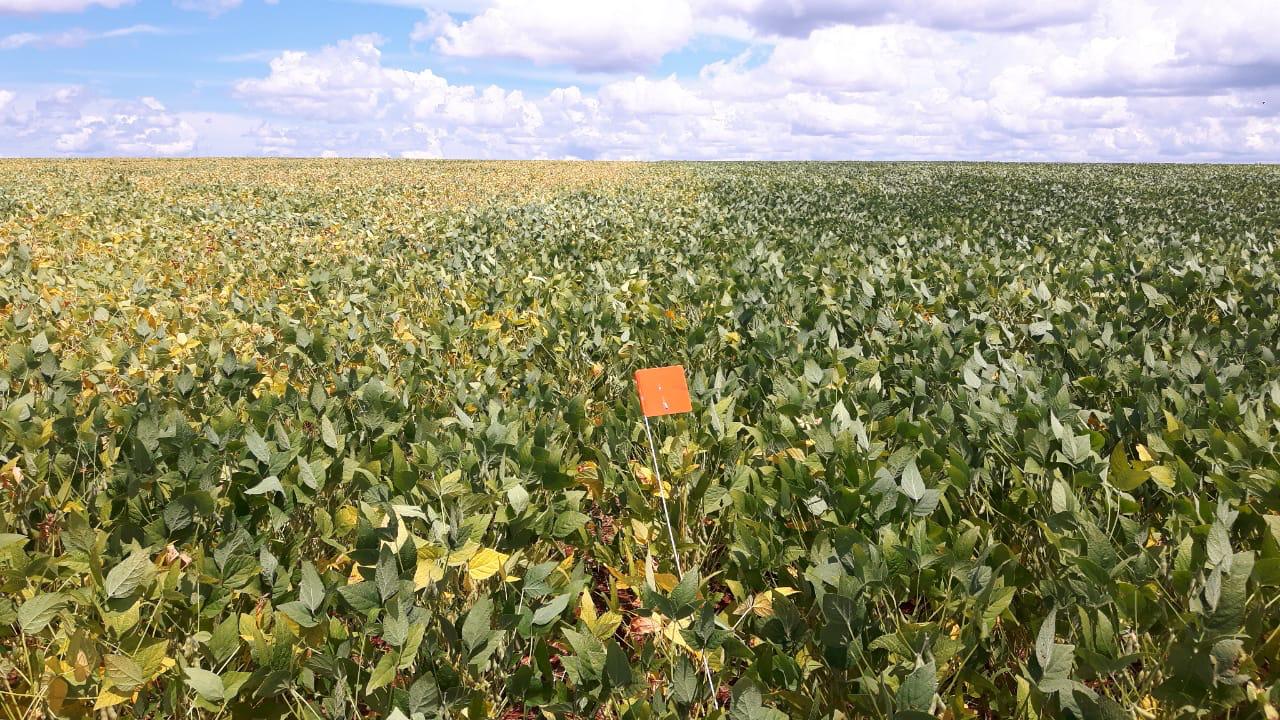Biologicals critical to mitigate chronic drought and improve the health of our soils

Biologicals critical to mitigate chronic drought and improve the health of our soils
Original article appeared in CropLife.
It’s been another hot month across much of the world, including in areas that contain our global breadbaskets. Extreme droughts are being reported more frequently, leaving no continent, except Antarctica, untouched, according to the SPEI Global Drought Monitor. While more farmers are utilizing tools and technology to combat drought and adoption of regenerative practices are increasing, mitigating the impact of severe weather has become more complex as persistent environmental stresses drain our soils.
According to the European Commission’s World Atlas of Desertification, more than 75 percent of Earth’s land area is already degraded and at risk of desertification—a process where nutrient-rich soil becomes dirt—and more than 90 percent could become degraded by 2050. Desertification and changing climate are projected to cause reductions in crop and livestock productivity, modify the composition of plant species and reduce biological diversity.
Since the United Nation’s Intergovernmental Panel on Climate Change (IPCC) Report was released on August 9, 2021, there have been increasingly more urgent calls for humanity to come together to reverse the impact we are collectively having on our planet.
Now is the time for modern agriculture to lead the way, but it will require us to return to our roots.
As guardians of the land and food supply, many farmers are looking to ag tech innovation that enables more natural land stewardship at scale, reduces the impact of chemicals and, ultimately, helps protect against extreme weather such as chronic drought. Practices like no-till and cover crops help to maintain nutrient rich soil in place, but farmers also need tools to rebuild a healthy rhizosphere below ground.
While naturally occurring in the Earth’s soil, mycorrhizal fungi and other beneficial microbes have been destroyed by conventional farming, including tilling and over fertilization. As the “queen of biologicals” and the enabling fungi in healthy soils, mycorrhizae are uniquely able to underpin a healthy bio-platform and support resilient, stress-resistant plants with enhanced capacity for nutrient uptake during normal and drought conditions.
In the past, it was impossible to reintroduce mycorrhizae to commercial operations due to the fragility of the fungi and cost to ensure product efficacy at scale. Following 25 years of research and product development, Groundwork BioAg cracked the code on mass production of highly concentrated, cost-effective mycorrhizal inoculants to help farmers improve both yield and soil health and defend against drought. Isolated first in the harsh Israeli dessert, these foundational organisms are helping farmers around the world rebuild the microbial network in their lands. On Osvaldo Sacardo’s farm in Brazil, soybeans treated with mycorrhizal inoculants showed no signs of stress even after 20-days without rain – and delivered greater yield than crops untreated in a neighboring field.
Biologicals are fast becoming a critical component in the chase for yield, but these organisms also provide farmers another tool to employ more sustainable practices. In doing so, agriculture can play a tremendous role to minimize the impact of climate change on our food supply and help mitigate the widely predicted increase in global temperatures and droughts.
Now is the time to break the chain and find new ways to grow our food sustainably – starting from the ground up.

